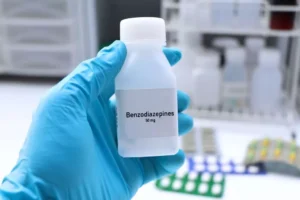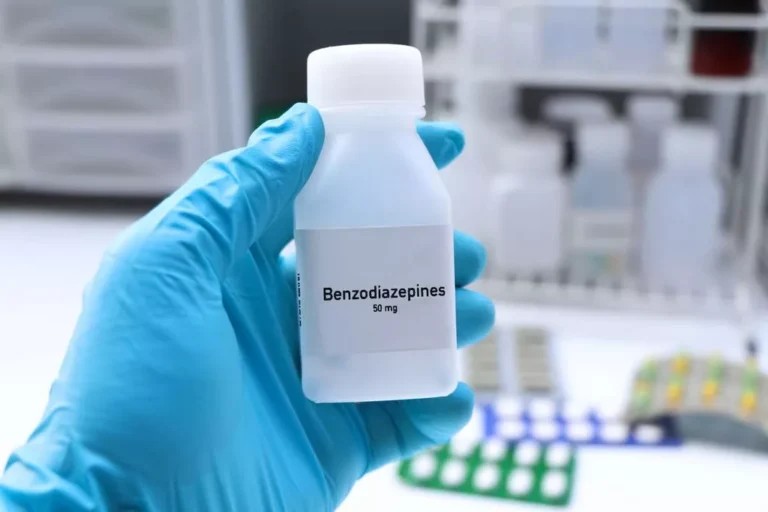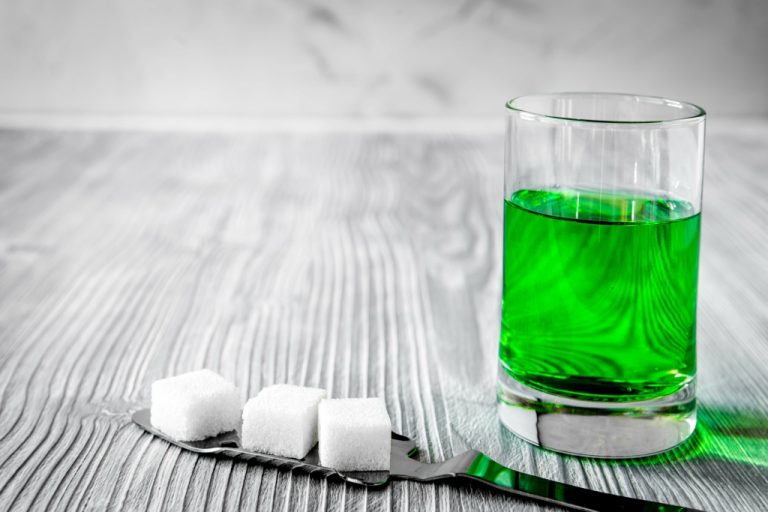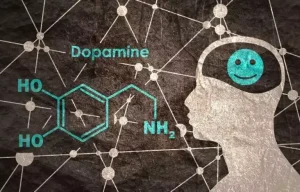Divorcing an Alcoholic: How to Protect Yourself and Your Children

If you have support and can safely leave, it’s a good time to step away from your spouse. And doing so doesn’t reflect poorly on you – your responsibility is also to your children and yourself. And, if you’ve done everything you could to help, the rest is up to your spouse. Many children of alcoholics report feelings of depression and anxiety, and research shows they are more likely to have self-esteem issues. Children who grow up in a household where alcohol is abused are 50% more likely to develop an addiction later in their lives.
- Courts may consider a spouse’s alcoholism when determining the best interests of the child.
- This evidence can include documentation of alcohol-related incidents, witness testimonies, and professional evaluations.
- Therapy sessions can be conducted individually or as a couple, depending on the circumstances.
- I also felt guilty for allowing her to go there, feeling like it was my fault she was in that situation.
What to do if you’re married to an alcoholic

This includes any addiction treatment that either parent may be undergoing for substance abuse. It is important to ensure that the child’s primary environment is stable and safe so that they can thrive and develop properly. Divorcing an alcoholic spouse can be a difficult and emotionally trying process, with numerous financial implications. It is important to understand the legal landscape regarding marital assets and property division before making any decisions.
You’re Not Able To Take Care Of Yourself Or Your Kids Anymore

If you decide to pursue a divorce, it’s good to know what options you have, what rights you’re entitled to and what support is available as you move forward. If you have children and you fear for their safety, make sure the attorney is aware of your concerns so you can develop a custody plan to keep them safe. It can also cause them to suffer serious health problems if they don’t get treatment. With the right tools, advice, and support, you can navigate this challenging time, ensuring your children’s and yourself’s well-being. As the dust settles, remember that this process is about closing a chapter and beginning a new one, where you stand stronger, more resilient, and ready to embrace the future. In terms of property and asset division, financial considerations should be taken into account.
- It is important to remember that alcohol affects people differently and even if all the above signs are present, it doesn’t necessarily mean they are an alcoholic.
- Finally, it is crucial to seek out professional help if you feel overwhelmed by these decisions or need someone to talk to while navigating through this difficult divorce process.
- Traditionally, a common challenge in custody cases is proving whether the parent still abuses alcohol or drugs after the divorce terms are settled.
- Family Courts are keenly aware of the impact alcohol misuse has on children.
- Depending on factors such as the amount of time spent drinking and how much money was spent supporting this habit, there may be significant losses in marital assets due to their substance abuse.
Navigating No-Fault Divorce When Alcoholism Is Involved
Legal and psychological professionals can offer guidance, helping you navigate the stormy seas of court proceedings and emotional turmoil. And throughout it all, remember to keep your children’s best interests at heart, providing a safe and nurturing environment for them to thrive. Divorce proceedings can divorce rates after sobriety be emotionally charged, particularly when dealing with an alcoholic spouse.

Types of Evidence Needed in Child Custody Cases When Divorcing an Alcoholic
Infidelity, whether it’s a one-time occurrence or a recurring pattern, can be a devastating betrayal of trust. In Washington State, the legal implications of infidelity can be significant, impacting factors such as property division, spousal support, and child… No matter how difficult it may seem, do not give up on yourself; you have the strength and courage to get through this tough time in your life.
- When I got divorced from an alcoholic 10 years ago, I’ll never forget the feeling of freedom I had.
- Court-ordered psychological examinations are often crucial in these cases.
- Amid the legal complexities of divorce and child custody, your primary concern is to ensure their safety, emotional stability, and overall well-being.
- A child custody evaluator will review relevant information about both parents and make recommendations regarding parenting plans.

























Recent Comments